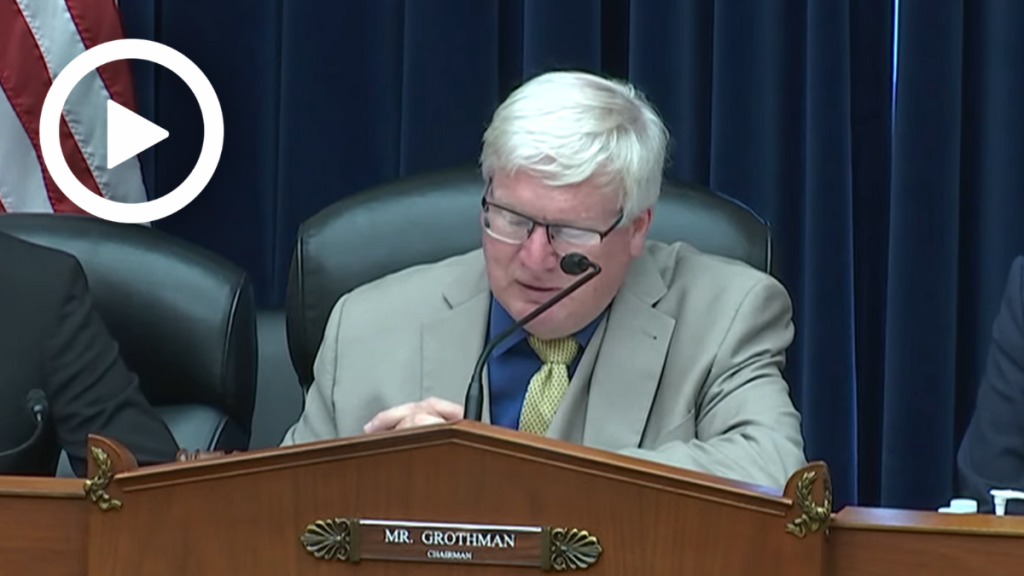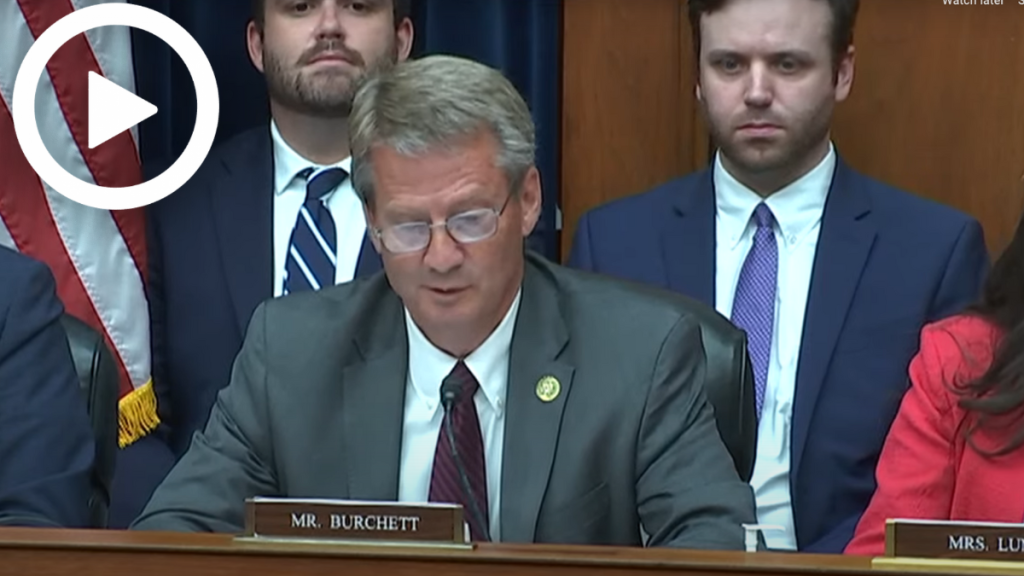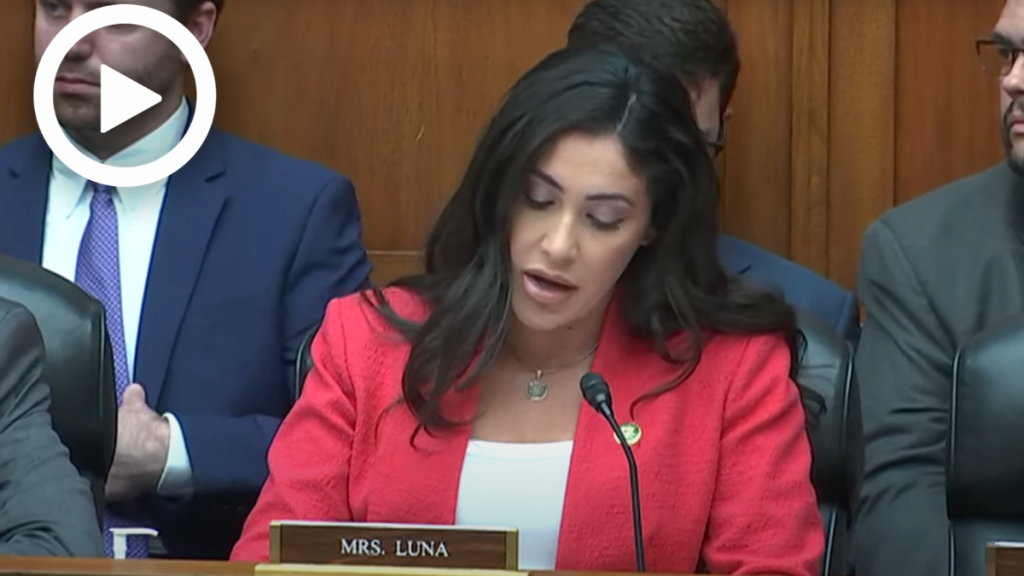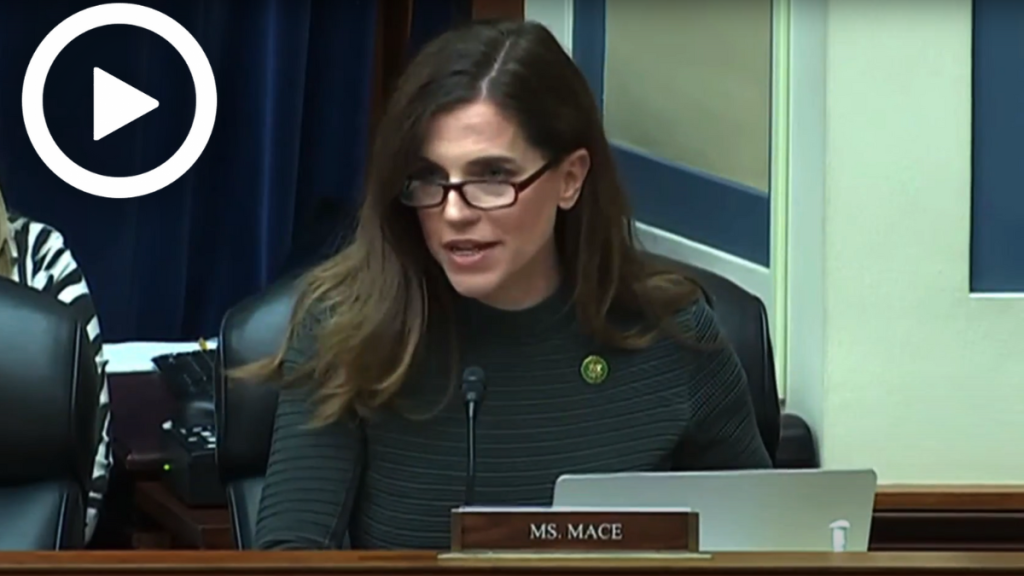Hearing Wrap Up: Lack of Transparency and Reporting Mechanisms Have Eroded Public Trust in Government’s Handling of UAP Encounters
WASHINGTON—The Subcommittee on National Security, the Border, and Foreign Affairs held a hearing titled, “Unidentified Anomalous Phenomena: Implications in National Security, Public Safety, and Government Transparency.” Subcommittee members discussed with witnesses the lack transparency and proper reporting mechanisms within federal agencies for air crew to report Unidentified Anomalous Phenomena (UAP) interactions. Subcommittee members also discussed how pilots who report UAP encounters have faced harsh retaliation both professionally and personally, leading to a lack of desire to report UAP encounters and creating gaps in national security intelligence gathering.
Key Takeaways:
Federal agencies have poor or non-functioning internal reporting processes for military and commercial air pilots who encounter UAP. This has led to a lack of transparency, which has fueled speculation and eroded public trust.
- Ryan Graves— Executive Director for Americans for Safe Aerospace—testified on the ramifications that a lack of transparency can bring on the topic of UAP: “The government knows more about UAP than shared publicly, and excessive classification practices keep crucial information hidden. There’s a lack of transparency around UAP that’s unsettling. Since 2021, all UAP videos are classified as secret or above. This level of secrecy not only impedes our understanding but fuels speculation and mistrust.”
Commercial and military pilots who have reported UAP encounters have faced severe retaliation, damaging their professional careers and personal lives which has led to a chilling effect of pilots reporting interactions with UAP.
- David Grusch— Former National Reconnaissance Officer Representative, Unidentified Anomalous Phenomena Task Force at the Department of Defense—testified on the retaliation he has faced from reporting on UAPs: “It was very brutal and very unfortunate some of the tactics they used to hurt me both professionally and personally to be quite frank…there were certain colleagues of mine who were brutally administratively attacked and it actually makes me very upset.”
Member Highlights:
Subcommittee on National Security, the Border, and Foreign Affairs Chairman Rep. Glenn Grothman (R-Wis.) examined the lack of training and internal reporting systems for military service members and commercial pilots to report and assess UAP information.
Rep. Grothman: “Do feel adequately trained and briefed on how to handle encounters with UAPs?”
Mr. Graves: “No. Right now military witnesses to UAP have limited options for reporting UAP. But more concerning is that the commercial airline aviation sector has not adapted to the lessons that the military has implemented. The military and DOD have stated that UAP represent a critical aviation safety risk, we have not seen that same language used being used in the commercial markets. They are not acknowledging this risk.”
Rep. Grothman: “What steps do you think need to be taken to improve pilots’ UAP reporting?”
Mr. Graves: “Right now we need a system where pilots can report without fear of losing their jobs. There is a fear that the stigma of being associated with this topic is going to lead to professional repercussions, either through management or perhaps through merely physical check. Having a secure system and reducing the stigma, and making this information available to the public is going to reduce the concerns that air crew have.”
Rep. Tim Burchett (R-Tenn.) discussed how the DOD spends massive sums of taxpayer dollars while continuously failing audits yet refuses to share UAP findings with the public.
Rep. Burchett: “We audit the Pentagon every year and I’ve been here five years and they failed the damn thing every year. They lose over a billion dollars a year, we think, and I’ve been the Department of Defense maybe 60% of their assets are unaccounted for or whatever the heck that means. In the public sector you go to jail for that kind of crap.”
Rep. Anna Paulina Luna (R-Fla.) highlighted how the stigma around UAPs has caused pilots who report their encounters to experience draconian consequences from officials within U.S. National Security space.
Rep. Luna: “In the last couple of years, have you had incidences that have caused you to be in fear for your life for addressing these issues?”
Mr. Grusch: “Yes, personally.”
Rep. Luna: “I just want everyone to know not that he’s coming forward in fear of his life to put in perspective if there were really not scared about this information, why would someone be intimidated like that?”
Rep. Nancy Mace (R-S.C.) discussed the significant levels of underreporting of UAP due to pilots being fearful of retaliation, leading to a loss of potentially valuable national security intelligence gathering.
Rep. Mace: “What percentage of UAP sightings in your belief go unreported by our pilots?”
Mr. Graves: “This is an approximation based off of my personal experience speaking with a number of pilots, but I would estimate we are somewhere near five percent reported.”
Rep. Mace: “So 95 percent basically don’t report seeing UAP?”
Mr. Graves: “That’s my personal estimate.”
CLICK HERE to watch the hearing.



